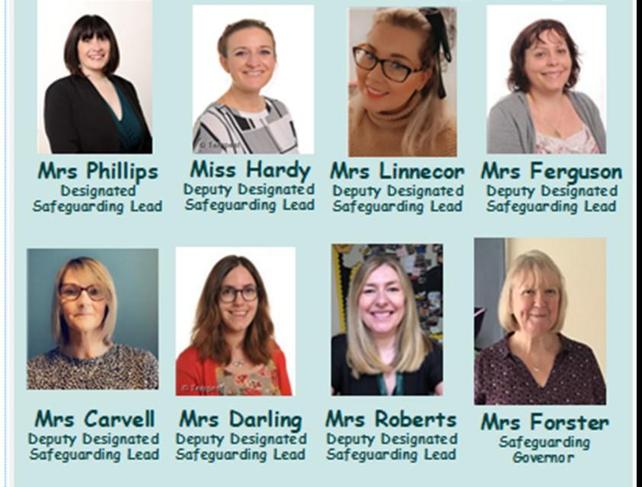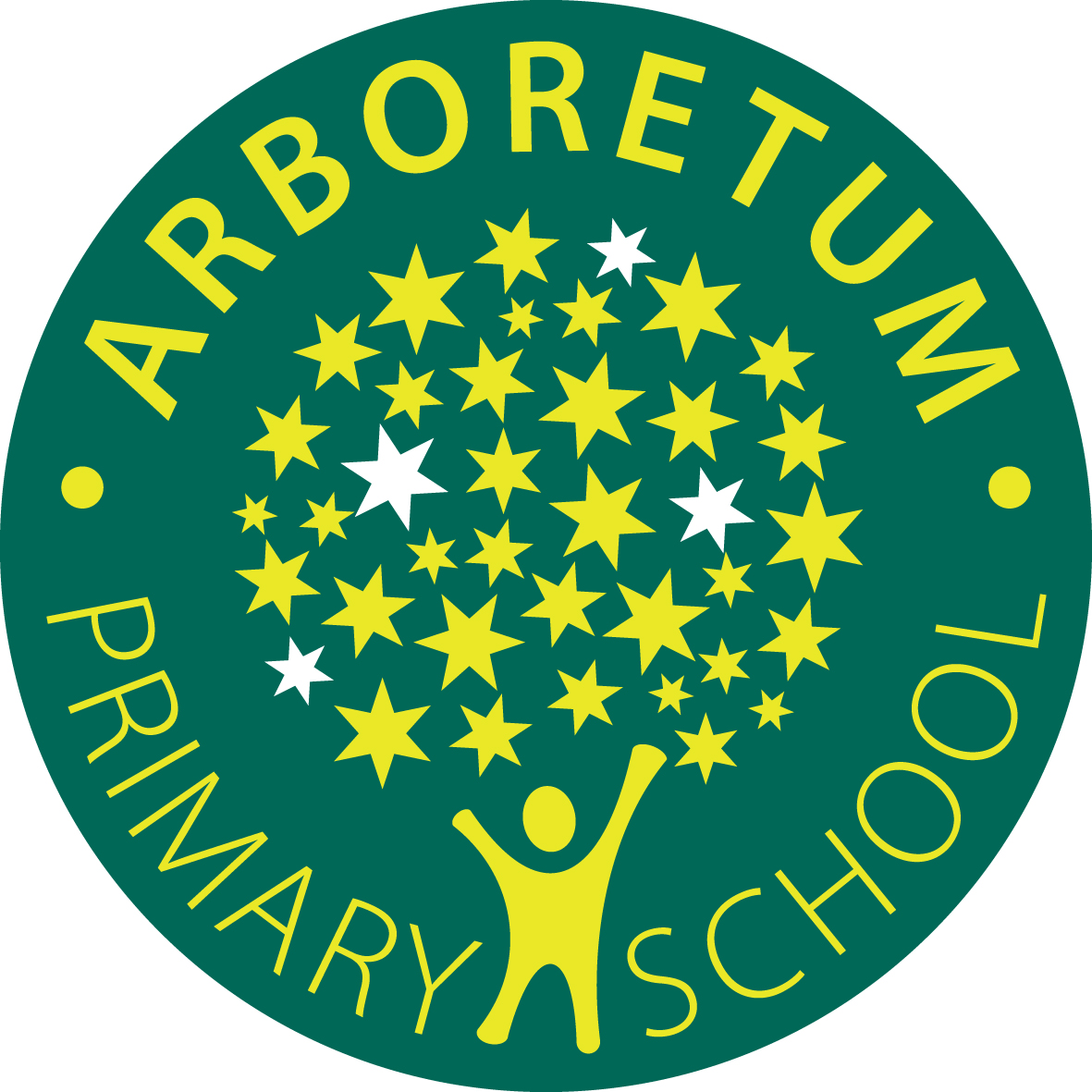Newsletter - Safeguarding July 2023
Safeguarding newsletter
June 2023
As a team, we want to be able to support you in every way possible so a newsletter every half term sharing useful information may help.
This half term we will think about safe use of the internet. 
Staying safe online
Many of the issues we face in school are linked to children’s inappropriate use of social media. There are age restrictions in place for all and in fact none of our children are old enough to access these. Age restrictions are in place for a reason; the reason being they are not yet old enough to manage these kinds of social interactions. I enclose the details, please support us in talking to your child about this.
Below are some tips for different ages to help you ensure your children stay safe online.
For more advice visit:
https://www.nspcc.org.uk/keeping-children-safe/online-safety
https://www.saferinternet.org.uk/advice-centre/parents-and-carers
Tips for 3-7 year olds
Let's create an internet where we are....
1.Free to be ourselves
Be proud of all the things that you enjoy, and keep on trying different things too. If there are new activities that you want to do online, ask an adult first to help you find them - to check they’re ok for you.
2.Free to be kind
Remember, the rules that you follow every day in real life also apply when you’re on the internet. It’s important to treat other people the way that you would like to be treated and always think about their feelings.
3.Free to play
It’s really important that your parents and carers know what you enjoy doing online, so that they can help you when you need it. Using the internet together as a family is really fun, and you’ll be the best teacher when it comes to showing everyone your favourite games!
4.Free to be safe
Some parts of your identity must stay private. This is your ‘personal information’ - which includes your name, date of birth, home address, school address, email address and passwords.
5.Free to talk
If anyone, or anything, online makes you feel worried, upset or uncomfortable, tell a trusted adult straight away. The sooner someone knows how you feel, the sooner you can be helped.
Tips for 7-11 year olds
Let's create an internet where we are....
1.Free to be creative
The internet is a great place to experiment with how to represent yourself. Whether that is using filters or emoji’s, or giving your avatar wings and green hair in a game, remember to have fun and use the internet to release your inner creativity!
2.Free to be different
The internet allows us to find more of the things we like or relate to, but it’s also a place where we can learn about people who are different to us. The internet can be a great place to express the things that make you special or unique. Let’s celebrate the fact that so many different people are using it!
3.Free to feel safe
Always keep your personal information safe online. There are lots of ways you can express yourself without giving this away. Remember that other people online may not always be who they appear to be, so be sure to check with an adult if you are ever unsure about what to share or who you are chatting to online.
4.Free to expect respect
If someone is treating you or your friends unkindly online, or not respecting you for who you are, you can use the block and report buttons to take positive action to stop it, and make sure you tell someone too. Remember to support your friends, and show others how to be respectful and kind online.
5.Free to ask for help
If you are ever unsure about something you see online, or anything makes you feel worried, upset or confused then ask an adult that you trust for some help and advice.
Tips for parents and carers
Let's create an internet where we are....
1.Free to talk
Talk regularly with your child about how they use technology. Find out how they like to represent and express themselves online, and how being online makes them feel. Listening to your child will give you the best possible idea of how you can support them. Not sure where to begin? Have a look at our suggested 'Conversation Starters' for parents and carers.
2.Free to explore differences
The internet is a place where lots of different people can communicate and come together. For some children, the first place they see people who are different to them may be online. For others, the internet may be the one place where they can find people similar to them. Acknowledge the different types of identities your child may see online, and use these to spark discussions around diversity and inclusivity. Talk to your child about being respectful to everyone online, and what to do if they feel their own identity is being targeted. Use our 'Quick Activities' as a family this Safer Internet Day to help you unpick this topic together.
3.Free to make the internet work for your family
There are lots of tools to help you manage the devices used by your family. For example, knowing how to activate and use parental controls can help protect your child from seeing inappropriate content online. For advice and guidance on how to make use of parental controls and other safety features on devices, check out our free Parents' Guide to Technology.
4.Free to get involved
As parents and carers, it’s natural to feel worried about the risks posed by your child being online, but for young people the internet offers a wealth of exciting and fun ways to explore and experiment with their identity. This might be through the characters they choose on games, the filters or emojis they use on profile pictures, the content they share, or the sites and services they use. Spend some time with your child looking at, or interacting with, the things they do online. Talk about both the positive and negative aspects of being online, and empower your child with safe choices they can make - instead of overwhelming them with restrictions.
5.Free to seek help and support
It can sometimes feel like young people are the experts in all things digital but remember – you are the life experts. Find out how to get more support by visiting Childnet's 'Need Help?' page. You can take steps to support your child online by using features such as privacy settings on social media and understanding how to make a report on a range of apps, games and services.
Just as we tell young people to talk about what they are unsure of, make sure you do too! Chances are that you’ll find other parents or carers who are trying to figure out how to make the internet work for their family! You don’t need to know all the answers straightaway but reassure your child that you can figure it out together. Maybe there isn’t an answer, but what your child is looking for is comfort.
